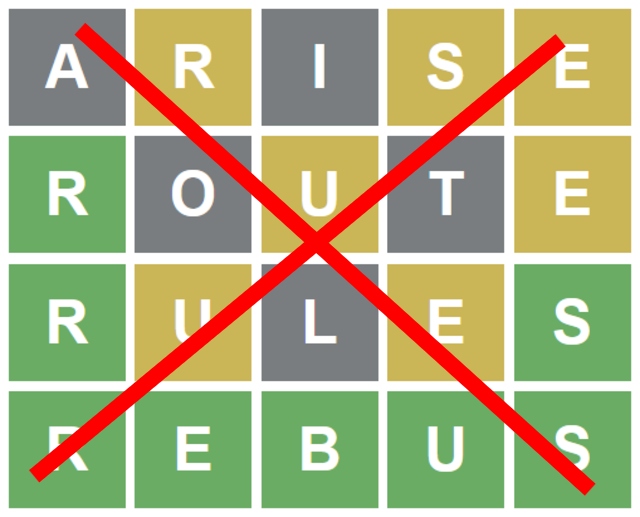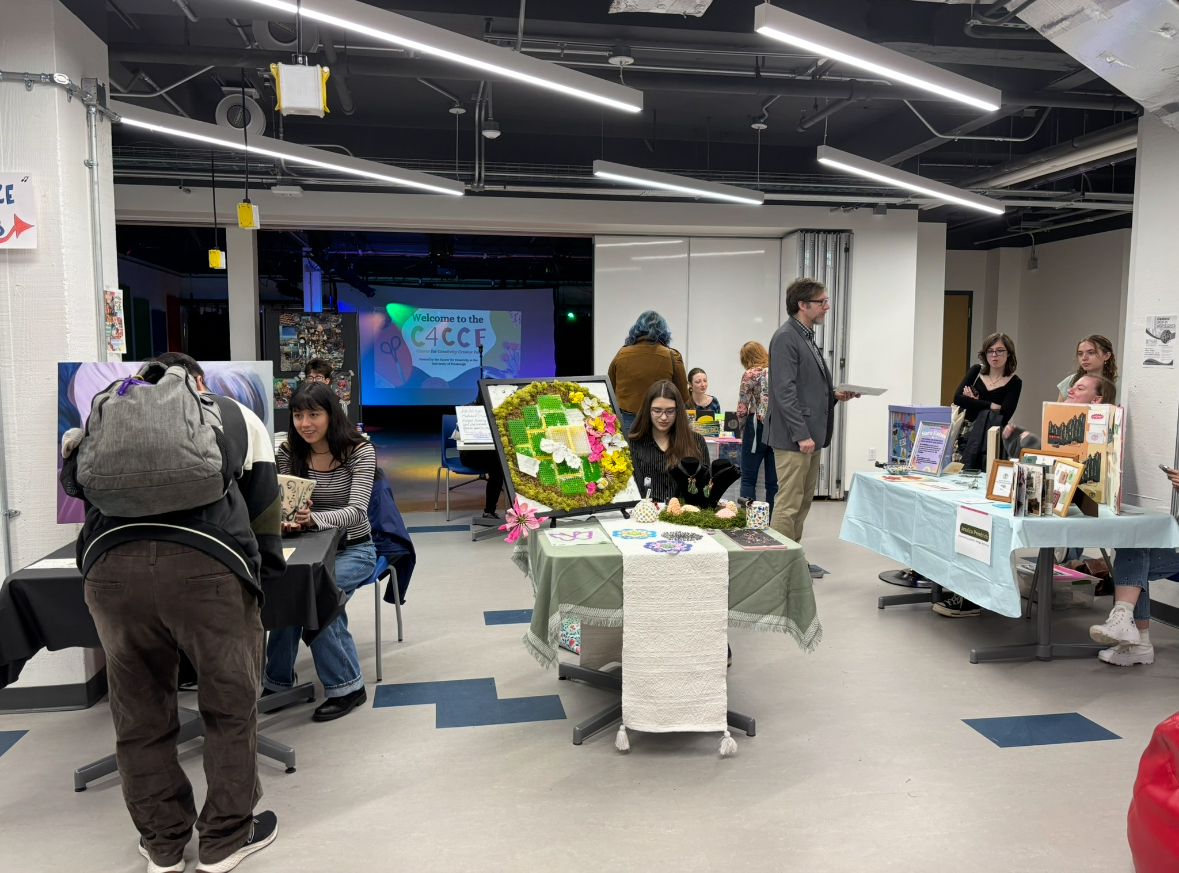Editorial | Stop monetizing everything
February 3, 2022
Our beloved “Wordle,” a word game that was easily accessible to everyone and one of the only games of its kind that isn’t behind a paywall or riddled with advertisements was sold on Monday to the New York Times for “a low seven-figure” price.
“Wordle” isn’t the first of its kind to be snatched out of the public’s easy access, and it certainly won’t be the last. It seems as though anything that has pure intentions and is received well by the public is instantly taken from us to become monetized and incorporated into some large moneymaking machine. There should be more things that are not behind a paywall or cost a lot of money to enjoy — some things are sacred and are able to be enjoyed without oversight from a corporation.
At the beginning of the pandemic, actor John Krasinski created a homemade show to spread positivity called “Some Good News.” Although Krasinski is a famous actor, the show had a very homemade feel and it was something everyone could enjoy. Not even two months later, he sold the show to ViacomCBS and left as host. This rubbed many people the wrong way as the show gained its appeal from having a scrappy feel with the intention of bringing people joy in a time of extreme uncertainty.
It seems like the urge to make money has its reach on anything that appears to bring people together through pure intentions. “Wordle” gained its popularity because it’s free and accessible. There was a mutual respect from players not to spoil the puzzle and people came together to discuss the puzzles respectfully on the internet — something very rare in this day and age. It was a game made by a husband trying to make his wife smile, why does it now need to make The New York Times money? Even if it is initially going to be free, we don’t know if that will stay or whether or not it will become riddled with advertisements.
“Wordle” and “Some Good News” are only a few examples of a much larger problem. When corporations take away these small and wholesome interactions on the internet that were initially free and intended to stay that way, they make it more about monetization and therefore toxic.
As we continue to live in uncertain times of politics, pandemics and more, it was nice to break up some of the doomscrolling with a fun game or a fun video everyday. For once, people weren’t fighting and were rallying around something that brought positivity in a difficult time. As soon as these rare wholesome moments are taken and sold to corporations, they lose an aspect of relatability and community. They get sucked into discourse like everything else.
Ultimately, everything doesn’t need to make money. The internet started as an alternative to traditional media, a place where anyone could make a video or a game and give it to everyone. As soon as corporations began monetizing it, it lost its open landscape and fell into the traps of traditional media and became the place it is today — crawling with toxicity and fights with strangers on Twitter. We need to keep the internet pure, and to do that, we need corporations to butt out and let us have things for free.



